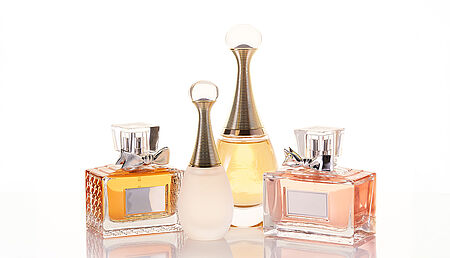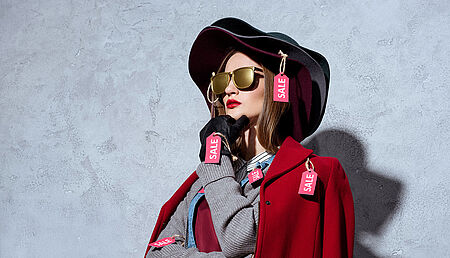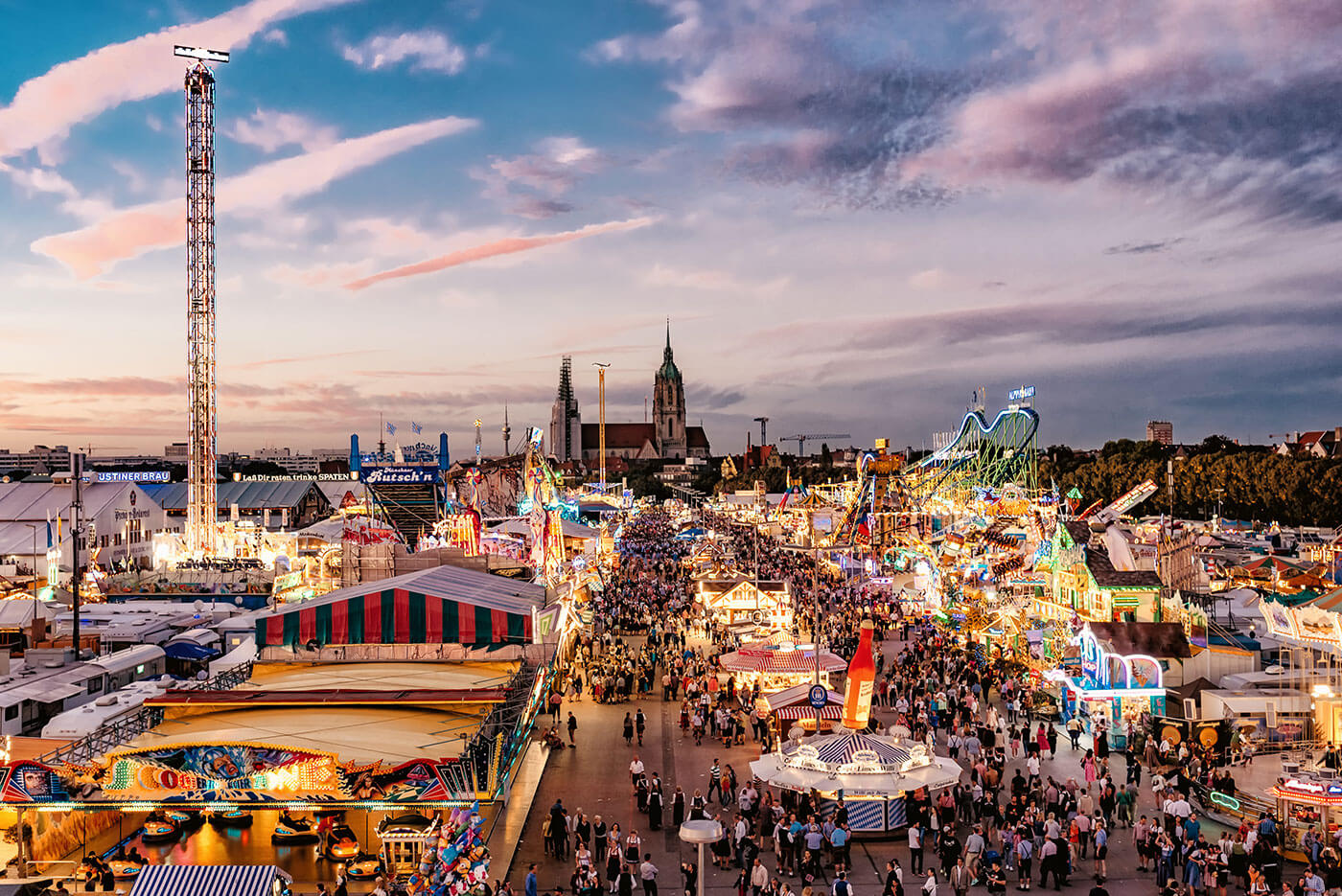
The strange saga of Munich's Oktoberfest trademark application
Oktoberfest has flourished from its origins as a regional fête of Bavarian royalty to become a global phenomenon, arguably forever changing the craft of brewing and beer culture itself in the process.
Today, more than a dozen countries, some tens of thousands of miles away from Germany, hold Oktoberfest celebrations of their own that draw vast crowds for days of food, music, dance, beer and much more. Yet, for all its proliferation, the occasion is inextricably linked to Munich, its city of origin.
Considering these facts, it is not exactly surprising that Munich's municipal government attempted to register the name "Oktoberfest" as its exclusive trademark in 2016. However, despite being one of the world's Intellectual Property (IP) hotspots, the city's efforts were unsuccessful until recently. The story of Munich's bid to turn the name of its signature event into an IP asset makes for an intriguing case study in the complexities of the trademark process.
Dennemeyer & Associates Munich offers our firm's full spectrum of legal and IP management services and can tackle even the most challenging trademark cases.
Oktoberfest's Munich roots
The very first Oktoberfest was a celebration of the marriage of Crown Prince Ludwig, later King Ludwig I of Bavaria, to Princess Therese of Saxony-Hildburghausen in 1810. Ludwig allowed Munich's citizens to attend the festivities, which took place on fields just outside the city, an area now known as Theresienwiese. The first Oktoberfest's main attraction was not the intemperate consumption of beer, but rather a horse race. However, within a few years, the latest batches from the Bavarian brewmasters were a staple of the occasion, and the rest, as they say, is history. Flash-forward to 2013, and over the two-week festival, Oktoberfest attendees drank an astonishing 7.7 million liters of beer. Perhaps the only things more staggering than the volume consumed were the revelers themselves.
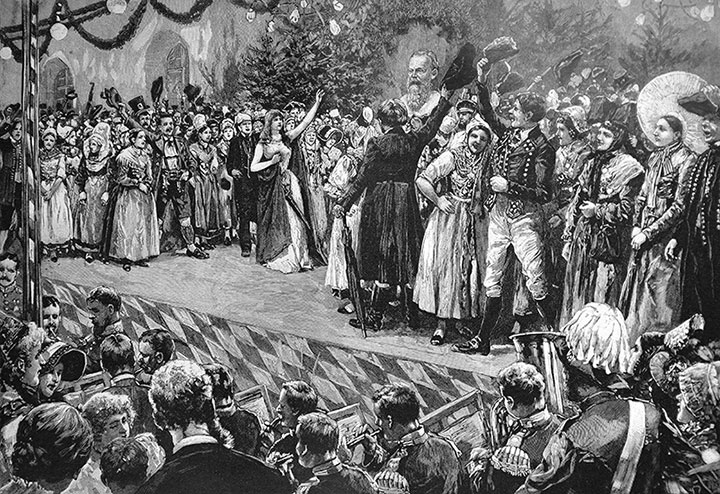
Munich is also the progenitor of the beer variety tied to Oktoberfest, the Märzen. Bavarian brewers of the 1500s realized that beer made in the summer went bad quickly, whereas brews made between late autumn and very early spring stayed fresh even when the weather became hot. This led to the passage of a 1553 ordinance (similar to the 1516 Reinheitsgebot purity law) that forbade brewing between April 23 and September 29 of each year to encourage the creation of long-lasting, high-quality beers.
From application to rejection and back again
Munich's desire to trademark the Oktoberfest moniker makes sense, given the local history and worldwide popularity. That said, the problems began when the city government filed its application with the European Union Intellectual Property Office (EUIPO) on June 13, 2016. With this far-reaching filing, Munich sought trademark rights that covered goods and services under more than 20 categories of the Nice Classification.
Given the broad nature of the bid, it is just as understandable that the EUIPO – after more than three years of examination – rejected it on the grounds that it was too general. Munich appealed the decision, and approximately one year later, trademark officials conceded that the Oktoberfest trademark could apply to a number of goods and services.
Most of the products covered under Munich's trademark are souvenir objects (clothing, toys, household products, glassware, etc.); typical draws of tourist money. What it cannot apply to, under EUIPO regulations, is food and drink (i.e., beer) — or the name of the festival itself.
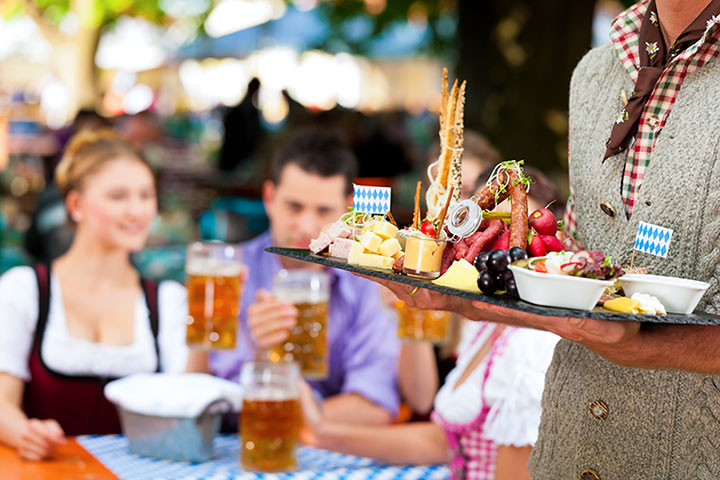
The latter qualification has been the biggest sticking point for EU trademark examiners: That one can reasonably assume many people have heard of Oktoberfest and know it to be a German beer festival does not imply that the term is firmly associated with the original Munich event in the average person's mind. Thus, the application listing on the EUIPO website states that the word has not yet "acquired distinctiveness." Even if the governing body ultimately registers a trademark for the festival, the city of Munich will not be able to demand licensing fees from Oktoberfests elsewhere in the world or stop them from occurring. The Scotchtoberfest organizers can breathe a sigh of relief.
What happens next?
Munich's application for the Oktoberfest trademark was published on April 30, 2021, and passed through the opposition phase with no objections to the pending mark having been filed.
This case illustrates the absolute precision that is a must for any successful trademark filing. It might seem like Munich had an airtight application on the face of it, but the city's desire to exclusively govern the use of "Oktoberfest" in almost every conceivable product or service set it up for frustration and stymie. The Association of Munich Brewers (VMB), which has held the trademark to "Oktoberfest Bier" since 2000, took a better approach: This group's six breweries have existed for at least 400 years, and there is no question of their connection to the original Märzen.
When seeking an IP service provider in Germany with the expertise and ingenuity to ensure the successful prosecution and registration of your trademarks, look to the birthplace of Oktoberfest and home to one of our Dennemeyer & Associates offices!
Filed in

Developments in branding and new regulations are placing a multitude of demands on in-house lawyers.
